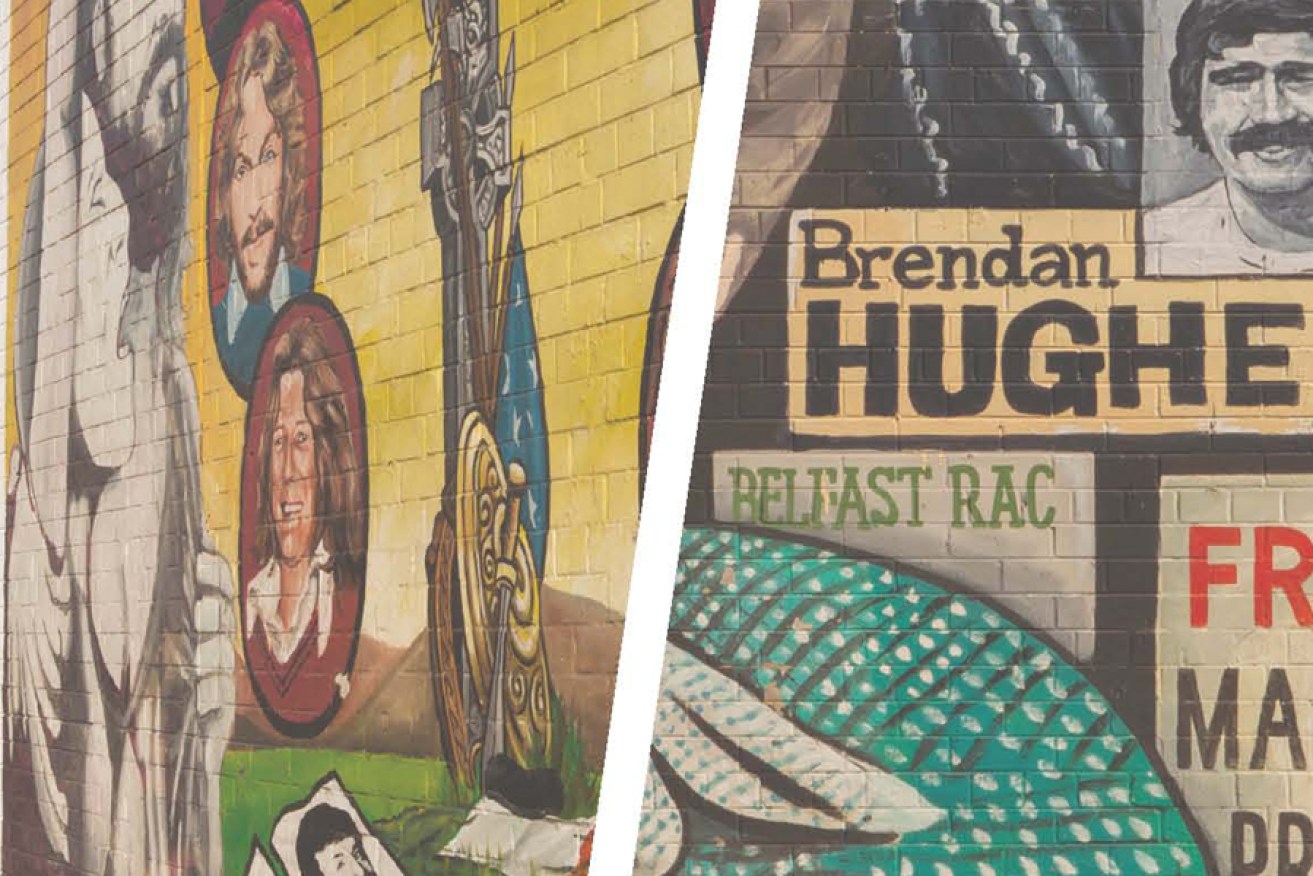
Speaking in Adelaide last week, former President of Ireland Mary McAleese explained her involvement in the Irish peace process and more broadly her ideas on how communities remove themselves from intractable violence and instead commit to peace.
Over 1,000 people came to see Mary McAleese interviewed by political journalist and commentator Annabel Crabb, as part of the UniSA Nelson Mandela Lecture series, jointly presented by the Bob Hawke Prime Ministerial Centre and the School of Law, at the University of South Australia.
McAleese began by describing her own volatile childhood, growing up as a Catholic in a predominately Protestant neighbourhood in Belfast where violence fuelled by sectarianism was commonplace.
In her view, such violence is born out of exclusivity; once people feel they are locked out of a dialogue they sink further into feelings of resentment and injustice. She considers such violence as the ‘easy option’ – what is difficult is to step outside of one’s constituency, engage with the ‘other’, and replace contempt with friendship. These are the values her family instilled in her during her childhood.
McAleese went on to build a peace process that challenged the traditional ‘conquest mentality’, in which there are always winners and losers. This win-lose situation had perpetuated conflict in Ireland for generations.
Instead she brought a divided Ireland together by following the wisdom of humanitarian Nelson Mandela, who said: “If you want to make peace with your enemy, you have to work with your enemy. Then he becomes your partner”.
McAleese also recognised that her generation was the first to benefit from free second and third level education, which meant that a new generation of leaders used ‘brain power’, as opposed to ‘brawn power’ to resolve problems. Through education and her upbringing McAleese understood that there was ‘goodness’ and ‘common decency’ in both Catholic and Protestant communities, which meant that each was capable of a future based on partnership.
In her experience as Irish President, she learnt that generosity goes a very long way: “A soft word opens hearts, a bitter word closes them down”. McAleese stresses that “if you want to make peace, not just an absence of war, you need to be a good neighbour”. Being a good neighbour and learning to respect people, even though they may hate you, is just as relevant in the home, street, workplace and community, as it is at the political level.
Peace is therefore “everyone’s responsibility”, and we can all offer small gestures, which recalibrate relationships and break down contempt. For example, we can all also show leadership by refusing to indulge in or accept any language that promotes hatred of the other. A sense of mutual ownership and responsibility in the peace process also garners a shared commitment to peace across all walks of life.
At the political level, she applauds those leaders that risk their own popularity and go out into the “deep to prove to people that you’re not going to drown”. Such leaders accept that their own generation is not the most important, but those that follow.
The Good Friday Agreement of 1998 is based on justice, equality and parity of esteem. It is not without its frailties and mistakes, but it is rightly and honestly called a “peace process”, and there is still a long journey ahead before we see an end to the embedded culture of sectarianism, paramilitarism and separate identities fuelled by mistrust and fear.
However, as McAleese acknowledges that “stuck as we are, we are infinitely better off than we’ve experienced” in her lifetime or any lifetime belonging to her ancestrally.
Relive this lecture, and learn more about Mary McAleese’s life experience, and how it shaped her approach to the Irish peace process.





